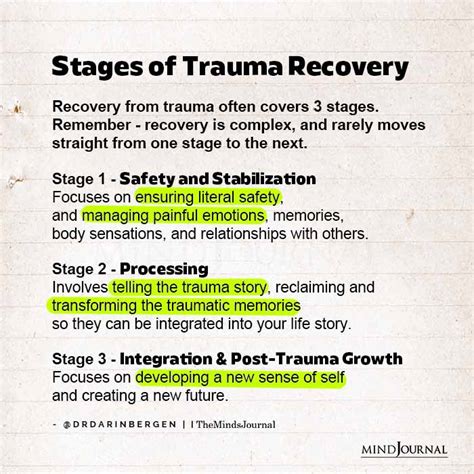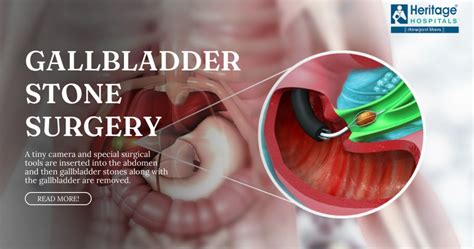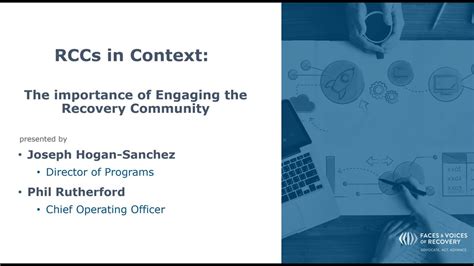Intro
Recover smoothly from gallstone surgery with 7 expert tips, covering post-op care, diet, and pain management, to minimize complications and promote a speedy recovery from gallstone removal.
Recovering from gallstone surgery can be a challenging and daunting experience, but with the right mindset and approach, it is possible to navigate this process with ease. Gallstones are small, hard deposits that can form in the gallbladder, a small organ located under the liver that stores bile, a digestive fluid. When these stones block the flow of bile, they can cause severe abdominal pain, nausea, and vomiting, leading to the need for surgical intervention. The primary goal of gallstone surgery, also known as cholecystectomy, is to remove the gallbladder and thus eliminate the source of the pain and potential complications. Understanding the importance of proper recovery techniques is crucial for a speedy and successful healing process.
The recovery period after gallstone surgery is a critical time for the body to heal and adjust to the absence of the gallbladder. During this period, it is essential to follow a specific set of guidelines and tips to ensure a smooth and uncomplicated recovery. These tips are designed to help manage postoperative pain, prevent complications, and facilitate the return to normal activities as quickly as possible. By adhering to these recommendations, patients can minimize discomfort, reduce the risk of infection, and promote overall well-being during the recovery process.
Gallstone surgery is typically performed using a minimally invasive technique known as laparoscopic cholecystectomy. This method involves making several small incisions in the abdomen through which a laparoscope (a thin, lighted tube with a camera) and surgical instruments are inserted. The use of laparoscopic techniques has significantly reduced the recovery time for patients undergoing gallstone surgery, allowing them to return home the same day or the day after the procedure. However, despite the advancements in surgical techniques, the recovery process still requires careful attention to wound care, dietary adjustments, and physical activity limitations to prevent complications and ensure a full recovery.
Understanding the Recovery Process

Importance of Postoperative Care
Postoperative care plays a significant role in the recovery process after gallstone surgery. This care includes monitoring for signs of infection, managing pain, and providing guidance on dietary changes and physical activity. Patients are typically advised to follow a liquid diet for the first few days after surgery, gradually introducing solid foods as tolerated. It is also essential to avoid heavy lifting, bending, and strenuous activities for several weeks to allow the abdominal muscles to heal. By following these guidelines and attending follow-up appointments with their healthcare provider, patients can ensure a safe and successful recovery.7 Tips for Recovering from Gallstone Surgery

-
Follow a Balanced Diet: After gallstone surgery, it is essential to follow a balanced diet that is easy to digest. This typically includes a gradual transition from a liquid diet to solid foods, avoiding fatty, greasy, or high-fiber foods that can cause discomfort.
-
Stay Hydrated: Drinking plenty of water is crucial during the recovery period to help flush out the system and prevent constipation, a common side effect after surgery.
-
Manage Pain Effectively: Follow the pain management plan provided by your healthcare provider. This may include taking pain medications as directed and using alternative methods such as heat or cold packs to manage discomfort.
-
Rest and Avoid Strenuous Activities: Allow your body time to heal by resting and avoiding strenuous activities, heavy lifting, or bending for several weeks after surgery.
-
Monitor for Signs of Infection: Keep an eye out for signs of infection, such as redness, swelling, increased pain, or fever, and report any concerns to your healthcare provider immediately.
-
Attend Follow-Up Appointments: Attend all scheduled follow-up appointments with your healthcare provider to ensure that you are healing properly and to address any concerns or questions you may have.
-
Seek Support: Reach out to family and friends for support during your recovery. Having a strong support system can make a significant difference in your overall recovery experience.
Additional Considerations
In addition to these tips, it is essential to be aware of potential complications that can arise after gallstone surgery. These may include infection, bleeding, or injury to nearby organs. While these complications are rare, being informed and vigilant can help in seeking medical attention promptly if any concerns arise.Long-Term Outlook After Gallstone Surgery

Lifestyle Changes After Surgery
Making lifestyle changes after gallstone surgery can help in preventing future digestive issues and promoting overall health. This includes maintaining a healthy weight, eating a balanced diet rich in fruits, vegetables, and whole grains, and staying hydrated. Regular physical activity can also help in preventing the formation of new gallstones and improving overall well-being.Conclusion and Final Thoughts

A Final Note on Recovery
A final note on recovery is the importance of patience and self-care. The body needs time to heal, and rushing back into normal activities can lead to complications and prolong the recovery period. By prioritizing rest, following a healthy diet, and attending to any concerns that may arise, patients can ensure a speedy and successful recovery from gallstone surgery.Embedding Recovery into Daily Life

Sustaining a Healthy Lifestyle
Sustaining a healthy lifestyle after gallstone surgery is key to long-term health and well-being. This involves ongoing dietary management, regular physical activity, and annual health check-ups to monitor health status and address any concerns promptly. By adopting a proactive approach to health, individuals can ensure a high quality of life and minimize the risk of future health complications.Engaging with the Recovery Community

Sharing Experiences and Seeking Advice
Sharing experiences and seeking advice from others who have undergone gallstone surgery can be incredibly beneficial. It allows individuals to learn from others, understand what to expect, and feel less isolated during their recovery. Online communities and support groups are excellent platforms for connecting with others, sharing stories, and seeking advice on managing recovery and preventing future health issues.Final Reflections on Recovery

Embracing a New Chapter in Health
Embracing a new chapter in health after gallstone surgery involves adopting a positive mindset and viewing recovery as an opportunity for growth and change. It is a chance to reflect on lifestyle choices, make necessary adjustments, and embark on a journey towards better health and wellness. By embracing this new chapter, individuals can look forward to a healthier, happier future.What are the common symptoms of gallstones?
+Common symptoms of gallstones include severe abdominal pain, nausea, vomiting, and fever. These symptoms often occur after eating fatty foods and can be persistent or intermittent.
How long does it take to recover from gallstone surgery?
+The recovery time from gallstone surgery can vary depending on the individual and the surgical technique used. Generally, patients can return to normal activities within 1-2 weeks after laparoscopic surgery and 4-6 weeks after open surgery.
What dietary changes are recommended after gallstone surgery?
+After gallstone surgery, patients are advised to follow a low-fat diet for several weeks, gradually introducing solid foods as tolerated. It is also recommended to eat smaller, more frequent meals and to avoid foods that are high in fat, sugar, or spice.
Can gallstones recur after surgery?
+Gallstones cannot recur in the gallbladder after it has been removed. However, it is possible for stones to form in the bile ducts, a condition that may require additional treatment.
How can I prevent future digestive issues after gallstone surgery?
+To prevent future digestive issues, it is recommended to maintain a healthy weight, eat a balanced diet, stay hydrated, and engage in regular physical activity. Avoiding foods that are high in fat and sugar and managing stress can also help in preventing digestive problems.
We hope this comprehensive guide to recovering from gallstone surgery has been informative and helpful. If you have any questions, concerns, or would like to share your experiences with gallstone surgery, please do not hesitate to comment below. Your insights and stories can provide valuable support and encouragement to others who are going through a similar journey. Additionally, if you found this article useful, please consider sharing it with others who may benefit from this information. Together, we can promote health, wellness, and a better understanding of the recovery process after gallstone surgery.
